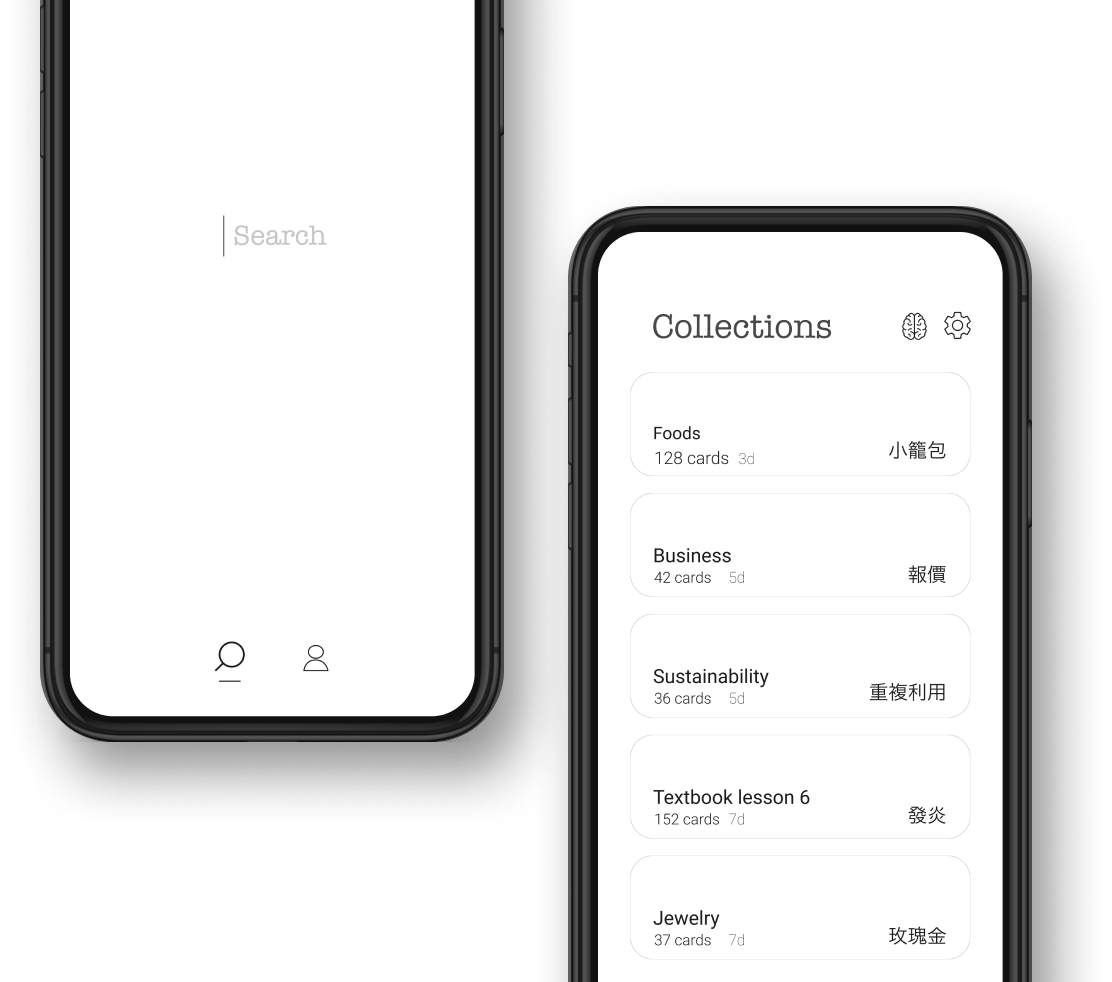Meaning of miàn:
面
face; side; surface; aspect; top; variant of 麵|面[mian4]; flour; noodles
Tā kāixīn de xiàozhe, liǎn shàng guàzhe cànlàn de xiàomiàn.
他开心地笑着,脸上挂着灿烂的笑面。
He smiled happily, his face adorned with a bright smile.
Zài shān de lìng yī miàn yǒu yí gè xiǎo cūnzhuāng.
在山的另一面有一个小村庄。
On the other side of the mountain, there is a small village.
Zhuōzi de biǎo miàn hěn guānghuá.
桌子的表面很光滑。
The surface of the table is smooth.
Xuéxí xūyào kǎolǜ duō gè fāngmiàn.
学习需要考虑多个方面。
Studying requires consideration of multiple aspects.
Zhuōzi shàng yǒu yī gè huāpíng, huāpíng fàng zài zhuōzi de miàn.
桌子上有一个花瓶,花瓶放在桌子的面。
There is a vase on the table; the vase is placed on the top of the table.
Jīntiān de wǔcān wǒmen chī le lāmiàn.
今天的午餐我们吃了拉面。
We had ramen for lunch today.
Jīntiān wǒ qù mǎi le hěn duō miàn.
今天我去买了很多面。
Today I went to buy a lot of flour.
Wǒ jīntiān zhōngwǔ chīle chǎo miàn.
我今天中午吃了炒面。
I had fried noodles for lunch today.
classifier for objects with flat surfaces such as drums, mirrors, flags etc
Tā gòumǎile yī miàn jìngzi.
他购买了一面镜子。
He bought a mirror.
(of food) soft (not crunchy); (slang) (of a person) ineffectual; spineless
Zhè zhǒng bǐnggān chī qǐlái hěn miàn.
这种饼干吃起来很面。
These cookies taste very soft.
Tā shuō nǐ zhēn miàn.
他说你真面。
He said you are really ineffectual.
Tā zài tóngshì miànqián xiǎnde hěn yǒu miànzi.
他在同事面前显得很有面子。
He appears to have a lot of pride in front of his colleagues.

